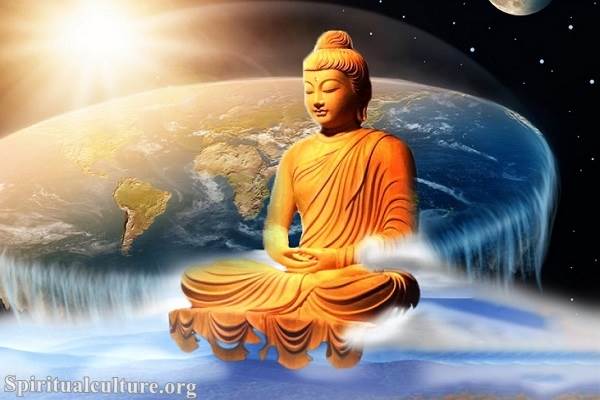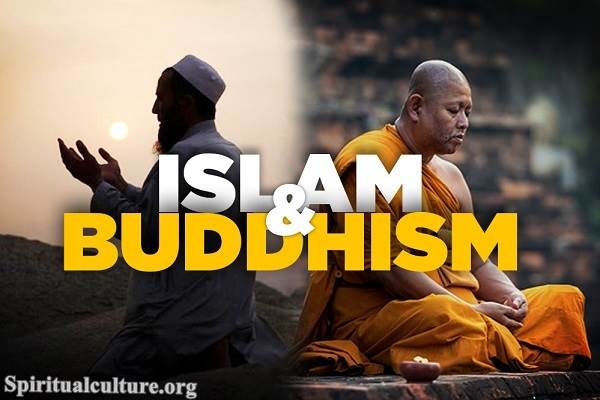Buddhism is a religion and philosophy founded in ancient India by the Buddha, Siddhartha Gautama, who lived around the 5th century BCE.
Buddhism is based on the teachings of the Buddha, who believed that suffering is an inherent part of life and that the root cause of suffering is desire and ignorance.
The Four Noble Truths
One of the unique aspects of Buddhism is the concept of the Four Noble Truths, which are:
1) The truth of suffering: Suffering is an inherent part of life, and it arises from various causes such as sickness, old age, and death.
2) The truth of the cause of suffering: The root cause of suffering is desire and ignorance, which lead to attachment and craving.
3) The truth of the end of suffering: It is possible to end suffering by eliminating the root cause of suffering, which is desire and ignorance.
4) The truth of the path that leads to the end of suffering: The path to the end of suffering is the Eightfold Path, a set of ethical and meditative practices that help eliminate desire and ignorance.
Another unique aspect of Buddhism is the concept of the Middle Way, which is the path that avoids the extremes of self-indulgence and self-denial. The Buddha taught that the Middle Way is the path to enlightenment and that it leads to a state of peace and understanding.
Buddhism also emphasizes the importance of mindfulness or awareness of one’s thoughts and actions in the present moment. This can be achieved through meditation, which helps to calm the mind and cultivate greater awareness and understanding.

Overall, Buddhism is a unique religion and philosophy that offers a path to end suffering and achieve enlightenment through ethical and meditative disciplines.
There are also a few more unique aspects of Buddhism:
Non-theistic
Buddhism is often described as a non-theistic religion, as it does not involve the worship of a personal deity or deity. Instead, Buddhists seek to understand reality’s true nature and develop their spiritual potential through personal practice and understanding.
The concept of karma
In Buddhism, karma refers to the idea that a person’s past actions and intentions directly impact their present and future lives. This means that the consequences of one’s actions are not determined by a deity but rather by the law of cause and effect.
The concept of rebirth
In Buddhism, it is believed that after death, an individual’s consciousness can be reborn into a new body, either in this world or another realm. This belief is based on the idea that the individual’s consciousness, or their “soul,” is not extinguished at death but rather continues to exist and can be reborn in a new form.
The Three Universal Truths
In Buddhism, it is believed that all beings are subject to suffering, that suffering arises from craving and attachment, and that suffering can be overcome through the cultivation of wisdom and understanding. These are known as the Three Universal Truths.
The Eightfold Path
The Eightfold Path is a set of ethical and meditative practices considered essential for achieving enlightenment in Buddhism. The eight elements of the path are right understanding, right intention, right speech, right action, right livelihood, right effort, right mindfulness, and right concentration.
The Three Jewels
In Buddhism, the Three Jewels are the Buddha (the awakened one), the Dharma (the teachings of the Buddha), and the Sangha (the community of practitioners). Buddhists take refuge in these jewels as a source of guidance and support on their spiritual path.



